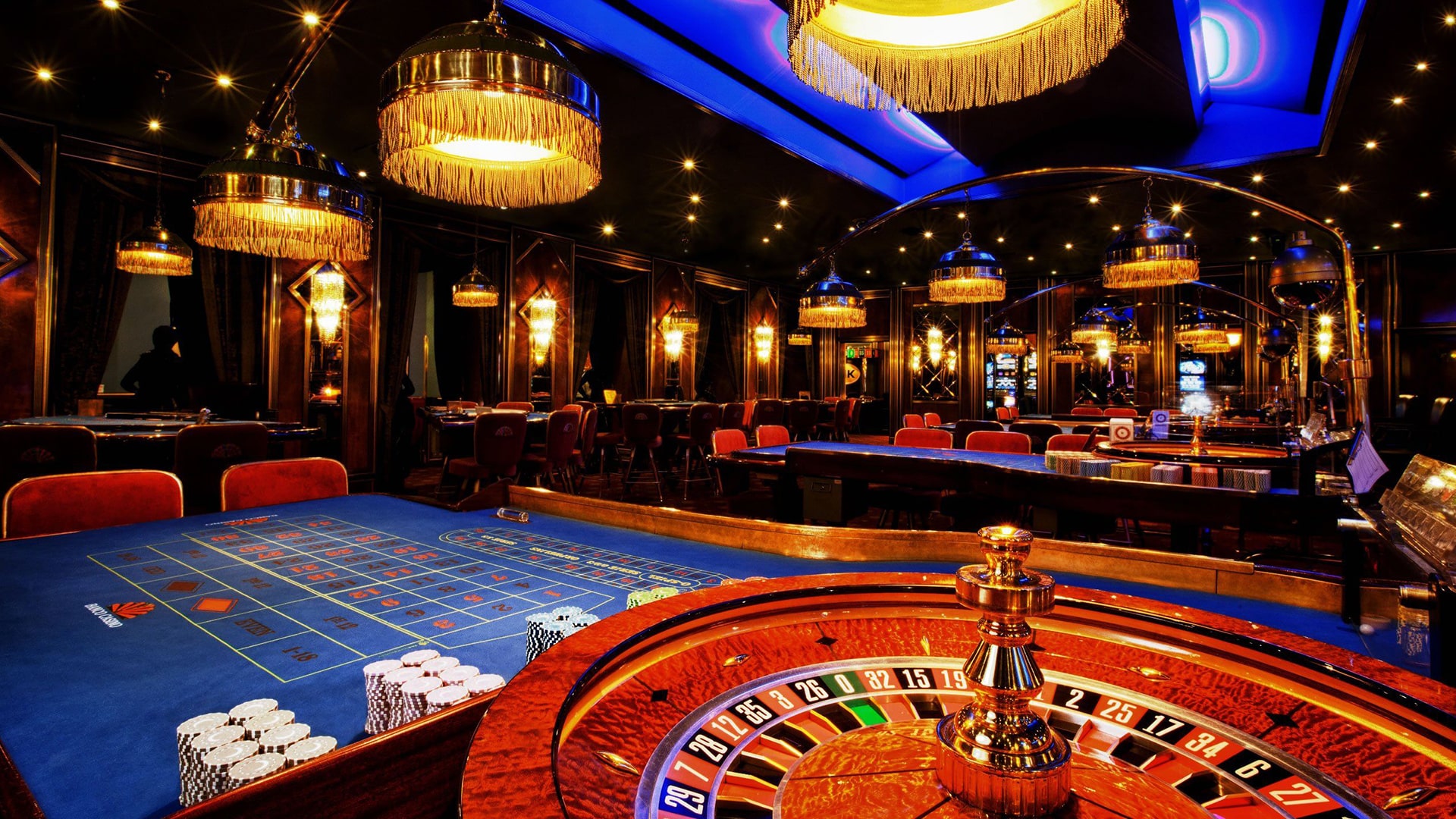
Gambling games have long been a staple in human culture, providing not just entertainment but a fascinating reflection of our aspirations, dreams, and anxieties. From the spinning reels of a slot machine to the skill-based strategies of poker, these games represent a range of human feelings and experiences. At their core, casino games are not just a chance to make profits; they are a reflection of life itself, where risk versus reward converge and luck can change in an instant.
As players gather around tables or sit in front of brightly lit machines, they take part in a ritual that transcends mere gambling. These games mirror our natural desires for social interaction, adventure, and the search for fortune. They also unveil deeper truths about human behavior, such as our relationship with luck and the excitement of the unknown. In exploring casino games, we reveal not only the rules of play but also the complex weave of the human story, showcasing our interconnected narratives of hope and reality.
The Psychology of Gambling
Gambling is intrinsically connected in human psychology, appealing to various feelings and wants. The excitement of risk-taking is a fundamental aspect that attracts participants, whether the thrill of spinning a roulette or the excitement of drawing a winning card in a poker game. This rush of adrenaline is often compared to other forms of thrill, as the uncertainty of outcomes triggers a distinct psychological response. Players often find themselves captivated by the possibility of striking it rich, leading to an irresistible draw toward casino games.
Additionally, an essential component of the psychology behind gambling is the concept of hope and ambition. Participants often indulge in dreams of financial freedom and the opulent lifestyle that can accompany winning. This optimism fuels their continued participation in gambling, as it provides a sense of meaning and the belief that a life-changing win could be just one wager away. Vivu88 The story of overcoming odds and finding success resonates with many, strengthening their commitment to play and engage with these games.
Lastly, social dynamics play a crucial role in gambling psychology. Gambling venues are designed to promote social interaction, where gamblers gather to share the experience of wins and losses. This communal aspect not only amplifies enjoyment but also affects behavior, as individuals often mimic the actions of others around them. The collective approval found in shared excitement can magnify the emotional experience, making casino games a reflection of not just personal desires but also collective engagement within the gambling community.
### Risk and Reward: A Double-Edged Sword
Gambling games embody the delicate balance between danger and gain that resonates deeply with the human experience. The excitement of placing a bet is often accompanied by a surge of excitement, as participants are confronted with the prospect of a huge payout, yet conscious of the possibility to suffer losses. This dual experience reflects a fundamental aspect of life: the choices we make often come with inherent risks, and the quest for benefit can compel us to make risky moves we might not typically consider. In this way, gambling activities reflect real-world decisions, enticing players to risk not just their money, but also their dreams.
The allure of grand jackpots and winnings fuels a feeling of positivity, encouraging players to envision a better future that could arise from a fortunate turn of the roulette or flip of a card. This optimism can drive individuals to engage in greater risks, encouraging them to extend their limits in search of monetary success. However, just as in life, the consequences of these risks can lead to both triumph and loss. The stories of both big winners and those who have faced losses everything at the tables demonstrate the chaotic nature of chance and its impactful effect on our existence.
Ultimately, the experience of engaging with casino games serves as a vivid illustration of the nature of humanity. Every session played is filled with the tension of ambiguity, as gamblers weigh the rewards against the dangers. This balance not only highlights the thrill that comes with gambling but also reveals the weaknesses that come with the longing for more. As we navigate the complexities of choice and consequence in both the gambling world and in life, we find that the search for benefit shapes our sense of self and lives in profound ways.
Culture and Isolation in Casino Environment
Gambling environment is a special mix of social interaction and personal endeavor, reflecting the tensions of human experience. Gamblers often gather around games, sharing in the thrill of the action, rejoicing in wins, and commiserating over losses. This communal aspect is crucial, as it creates a sense of belonging and camaraderie among varied groups of people. Regular attendees to casinos may form friendships and establish routines, turning the casino into a alternative home where they experience linked to a larger community of players.
However, the allure of gambling games can also result to isolation. As players become engrossed in the excitement of playing, they may isolate from personal connections or fail to interact with the world outside the casino. For some, the pursuit of a jackpot can overshadow real relationships, leading to loneliness. The experience of being among people yet feeling solitary is not rare, as the focus shifts from shared enjoyment to the private stakes of each player’s journey.
This interaction of community and isolation creates a vivid tapestry that defines gaming atmosphere. It highlights the intricacy of human interactions, where happiness and despair exist together. Gambling venues serve as both a refuge for social interaction and a stage for individual challenges, illustrating how deeply entwined our desire for connection and the personal quest for wealth can be. In navigating this environment, gamblers confront their own stories—seeking both the thrill of the wager and the fellowship of other players, eventually mirroring the wider spectrum of individual experience.